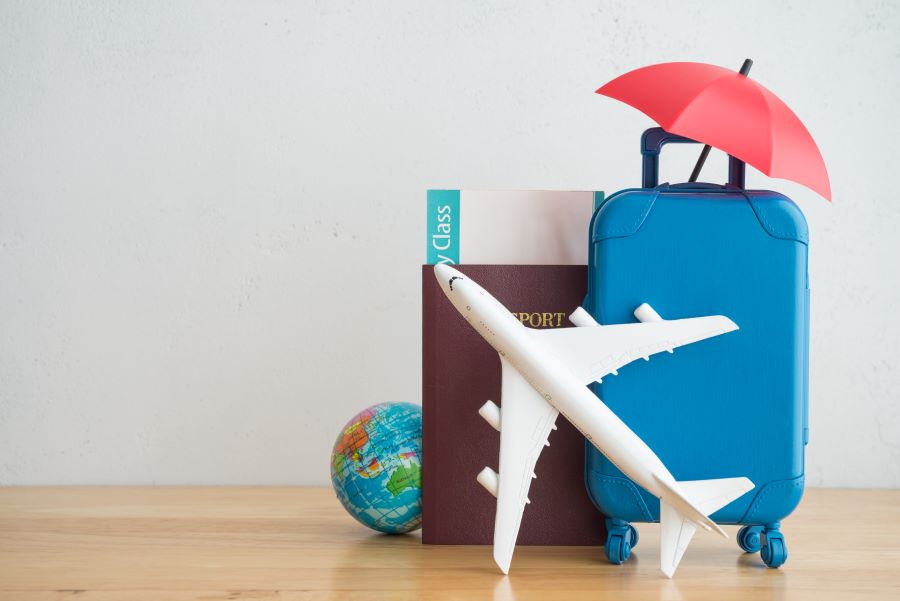Understanding Travel Insurance: A Comprehensive Guide
Travel insurance serves as a crucial safety net for travelers, providing financial protection and peace of mind against unexpected events that could disrupt or cancel your trip. From medical emergencies abroad to lost baggage and flight cancellations, this essential coverage helps safeguard your travel investment and wellbeing while away from home.

Types of Travel Insurance Policies
Several types of travel insurance policies cater to different needs:
-
Single-trip policies: Coverage for one specific journey
-
Multi-trip policies: Annual coverage for multiple trips
-
Group travel insurance: Coverage for families or travel groups
-
Business travel insurance: Specialized coverage for business travelers
-
Adventure sports coverage: Additional protection for high-risk activities
Understanding Travel Insurance Costs
Travel insurance costs typically range from 4% to 10% of your total trip cost. Various factors influence the premium, including:
-
Age of travelers
-
Trip duration and destination
-
Coverage limits and types
-
Pre-existing medical conditions
-
Total trip cost
| Policy Type | Average Cost Range | Typical Coverage Limit |
|---|---|---|
| Basic Coverage | $20-50 per trip | Up to $10,000 |
| Mid-tier Coverage | $50-100 per trip | Up to $50,000 |
| Premium Coverage | $100-250 per trip | Up to $100,000+ |
Prices, rates, or cost estimates mentioned in this article are based on the latest available information but may change over time. Independent research is advised before making financial decisions.
When to Purchase Travel Insurance
The optimal time to purchase travel insurance is shortly after making your initial trip deposit. Many policies offer additional benefits, such as pre-existing condition waivers, when purchased within 14-21 days of your first trip payment. However, you can generally buy travel insurance up until the day before departure, though this may limit available coverage options.
Common Travel Insurance Exclusions
Understanding what travel insurance doesn’t cover is equally important. Standard exclusions often include:
-
Pre-existing medical conditions (unless specifically covered)
-
Extreme sports or high-risk activities (without appropriate riders)
-
Acts of war or terrorism
-
Travel for medical procedures
-
Self-inflicted injuries
-
Incidents involving alcohol or drug use
-
Pandemic-related cancellations (unless specifically covered)
Making a Travel Insurance Claim
Filing a successful claim requires proper documentation and prompt action. Keep all relevant receipts, medical records, police reports, and correspondence with travel providers. Contact your insurance provider as soon as possible after an incident occurs, and follow their specific claim filing procedures carefully. Most insurers require claims to be submitted within 20-90 days of the incident, depending on the type of claim.






